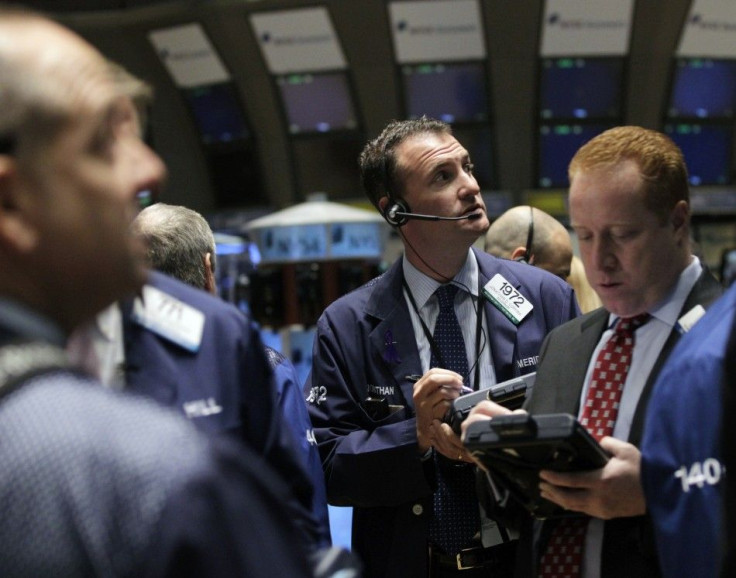Market Turmoil Sets Stage for 'Crisis 2.0'
ANALYSIS

Saxo Bank's chief economist, Steen Jakobsen, likens the downgrade of America's sovereign debt to the teacher's pet going to the principal's office to get a warning. "It's not that the debt situation is not for real, but it's out of context to treat this as new information," he says.
Yet here we are in what is usually the lightest trading month of the year -- the dog days of August -- facing a frenzied selloff of equities on the world's major exchanges. Such irrational behavior is an indication of just how feeble the collective memory of investors truly is. It also shows their inability to deal with risk. Jakobsen has a name for this phenomenon - Crisis 2.0 - a sign that the markets are struggling to come to terms with years of denial.
How many astute investors really believed Fannie Mae's debt deserved an AAA rating back in the fall of 2008? It took Standard & Poor's until yesterday to downgrade the troubled federal housing agency -- years after Fannie doled out thousands of loans to deadbeats who never had the ability to repay them.
But investors acted as if yesterday's ratings downgrade was a revelation - the ultimate proof they needed that Fannie wasn't exactly rock solid. Few players in the market seem to recall the years of sketchy Fannie loans (or 2008's global economic crisis, for that matter) in their panicked selloff.
Bear markets are supposed to test the resolve of investors with long-term goals. Yet they tend to react to risks instead of anticipating them. It's this type of irrational and emotional behavior that gives VIX options their appeal. Indeed, the VIX Index -- better known as the Fear Index -- is nearly double what it was two weeks ago.
And it's not only individual investors who seem to lack any sort of memory. Consider the fact that the European Central Bank is now buying Italian bonds. It's clear that the ECB is dealing with a problem that's well beyond its scope. The European Financial Stability Facility was set up only last year to tackle the EU's growing financial troubles. But the debt of Italy, Spain, and Greece is a heck of a lot more than what the EFSF can handle. Reacting instead of anticipating is now par for the course.
Saxo Bank's Jakobsen poses the question: What happens if France's long-term debt is downgraded on the heels of America's new S&P rating? Count on the markets to react with more frenzied selloffs indicative of the same narrow focus and short-term perspective they've been displaying so far this week. It's not as if investors haven't lived through years of financial neglect and irresponsibility on the part of the world's governments.
In the world of Crisis 2.0, however, rest assured that the markets will react as if this is all new to them.
© Copyright IBTimes 2024. All rights reserved.




















